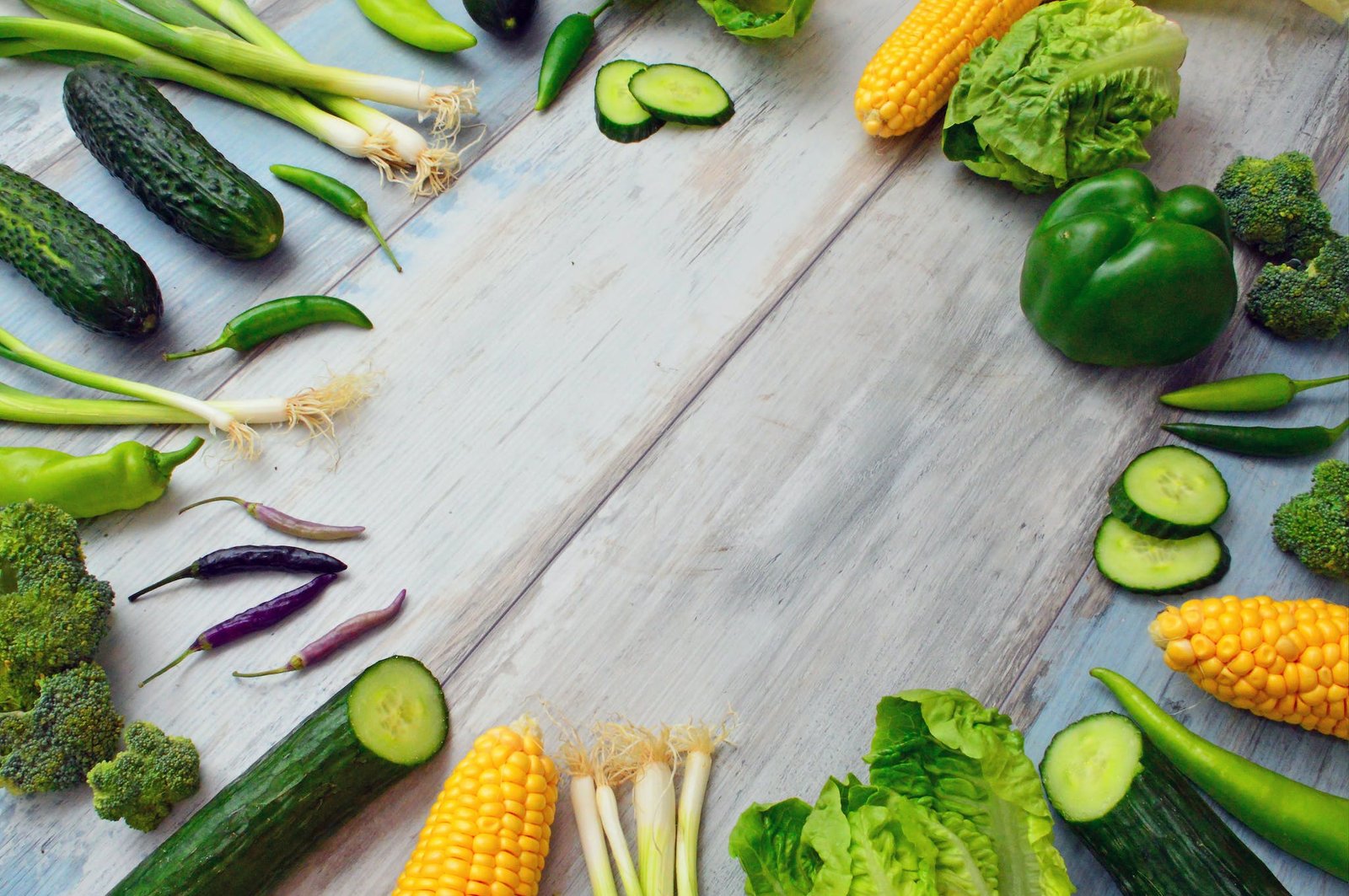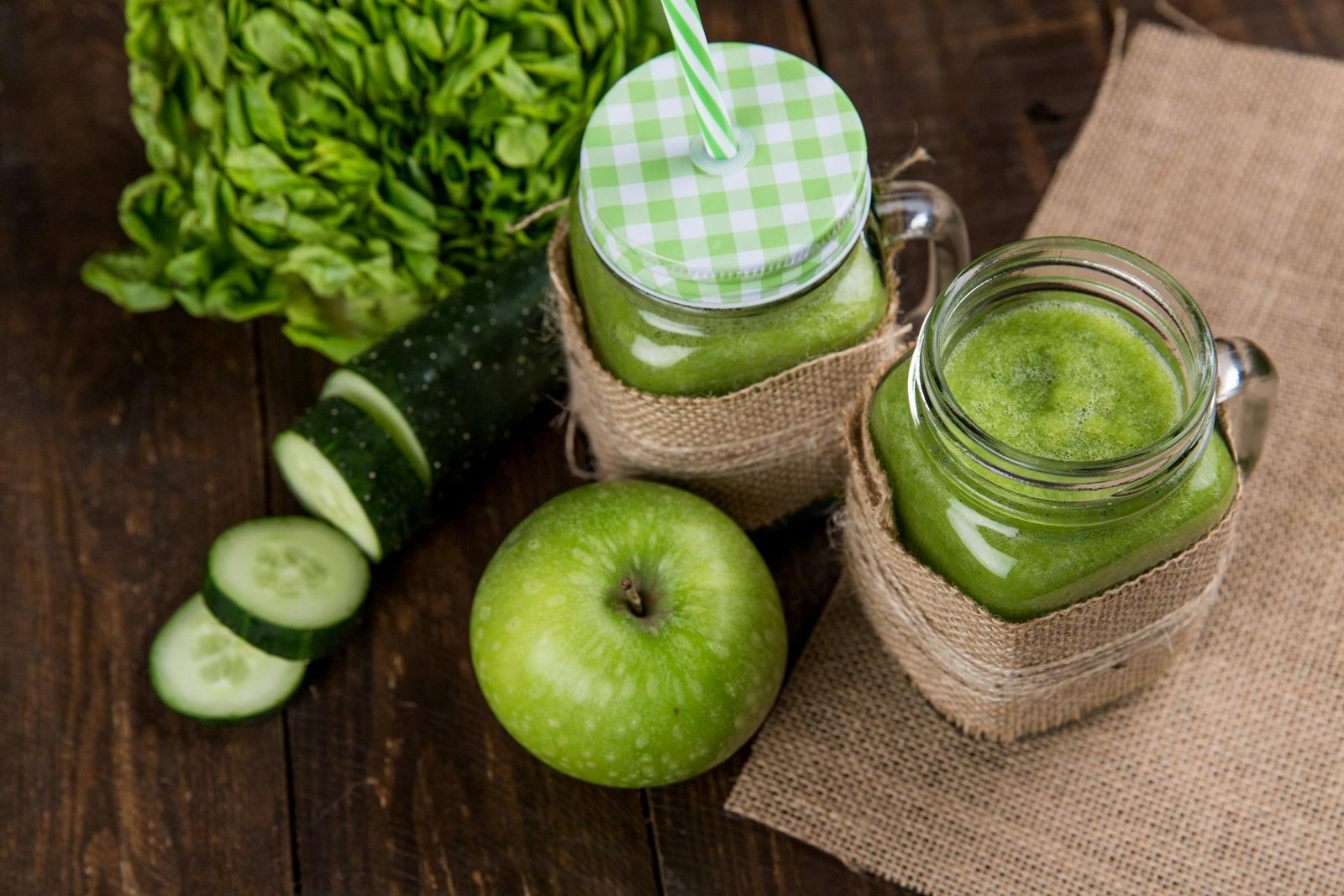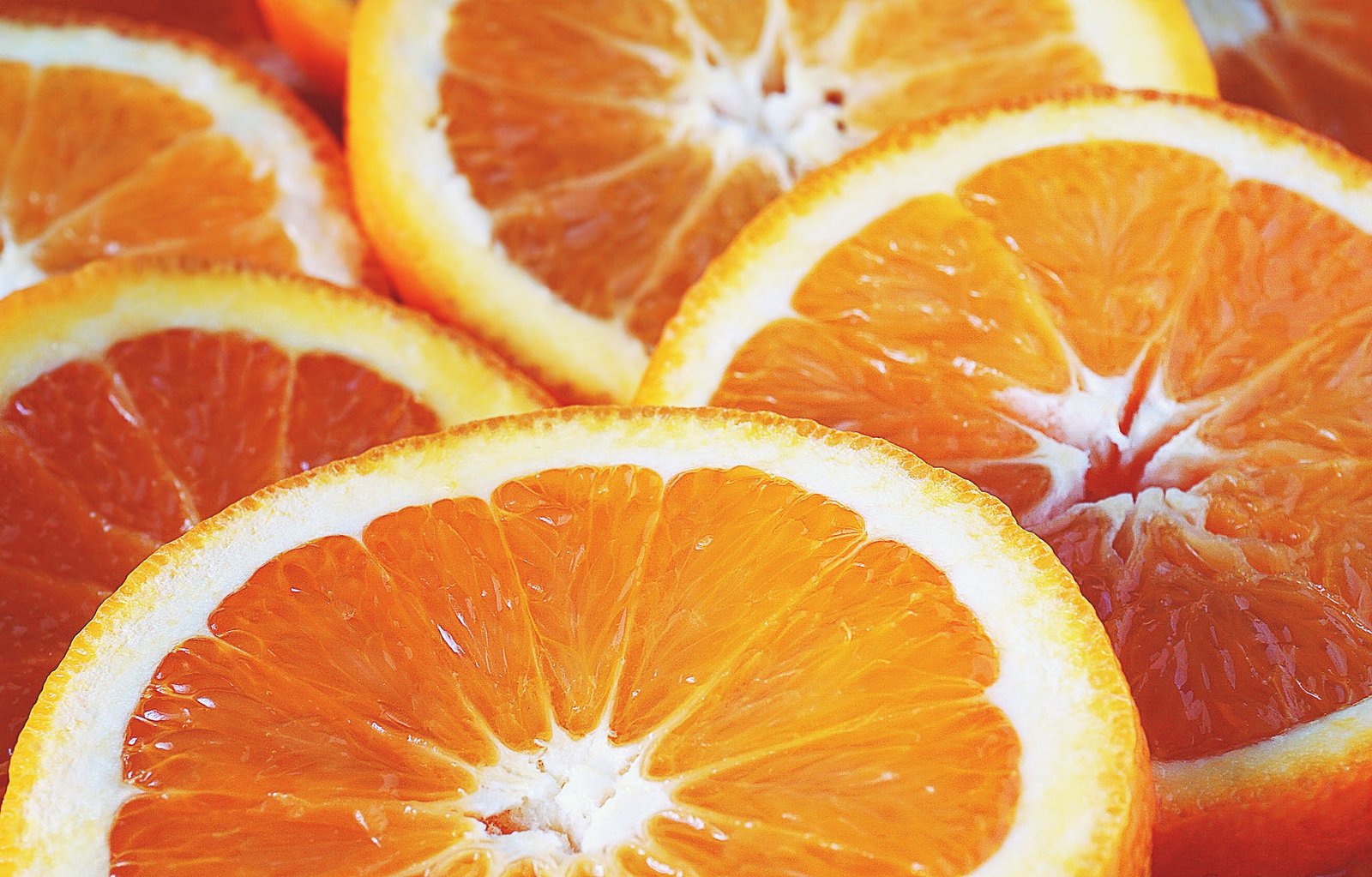Juicing Vegetables for Nutrients and Hydration
There are some affiliate links below, but they are all products I highly recommend. For more info, view my disclosure here.
Are you looking for a quick and easy way to boost your nutrient intake while staying hydrated? Look no further than juicing vegetables!
With juicing, you can extract the maximum amount of nutrients from your favorite veggies and create delicious, hydrating juice recipes.
Whether you’re a beginner or a juicing pro, incorporating juicing into your daily routine is a simple and effective way to nourish your body.
Get ready to revitalize your health with the benefits of juicing vegetables!
The Benefits of Juicing Vegetables
You can experience increased energy and improved digestion by incorporating juiced vegetables into your daily routine. Juicing vegetables allows you to consume a concentrated dose of essential nutrients, vitamins, and minerals that are easily absorbed by your body. By juicing vegetables, you’re breaking them down into a more digestible form, making it easier for your body to extract the nutrients. This can result in improved digestion and a reduction in bloating and indigestion.
In addition to improved digestion, juicing vegetables can also provide a natural energy boost. The vitamins and minerals found in vegetables, such as B-vitamins and iron, play a crucial role in energy production. By juicing vegetables, you’re providing your body with a quick and efficient source of these vital nutrients, which can lead to increased energy levels throughout the day.
Furthermore, juicing vegetables can also aid in detoxification. Vegetables are rich in antioxidants, which help neutralize harmful toxins in the body. By incorporating juiced vegetables into your daily routine, you’re supporting your body’s natural detoxification processes, promoting overall health and well-being.
To experience these benefits, consider adding a variety of vegetables to your juicing routine. Spinach, kale, carrots, cucumbers, and celery are all excellent options to start with. Remember to drink your vegetable juice soon after juicing to maximize nutrient absorption. With regular consumption of juiced vegetables, you can enjoy increased energy, improved digestion, and overall better health.
Best Vegetables for Nutrient-Rich Juices
To get the most out of your juice, opt for nutrient-rich veggies like kale, spinach, and carrots. These vegetables are packed with vitamins, minerals, and antioxidants that can help boost your overall health and well-being.
Kale, for example, is an excellent source of vitamin K, vitamin C, and beta-carotene. It also contains powerful antioxidants that can help combat inflammation and protect against chronic diseases.
Spinach is another great choice, as it’s loaded with iron, calcium, and vitamin A. It also contains folate, which is essential for proper cell growth and development.
Carrots are known for their high vitamin A content, which is important for maintaining healthy vision and supporting immune function. They’re also a good source of antioxidants and fiber.
Juicing Techniques for Maximum Nutrient Extraction
If you want to maximize the nutrients in your juice, try using a slow juicer instead of a centrifugal one. Slow juicers, also known as masticating juicers, are designed to extract juice from fruits and vegetables more efficiently, preserving the natural vitamins, minerals, and enzymes.
Unlike centrifugal juicers, which use high-speed spinning blades to extract juice, slow juicers operate at a slower speed and use a pressing motion to squeeze out the juice. This gentle extraction process helps to minimize heat and oxidation, which can degrade the nutritional content of the juice.
By using a slow juicer, you can ensure that you’re getting the maximum amount of nutrients from your fruits and vegetables. The slow juicing process allows for a higher yield of juice, as it effectively breaks down the cell walls of the produce, releasing more nutrients. Additionally, the slower speed of the juicer helps to minimize the amount of foam and froth in the juice, resulting in a smoother and more flavorful beverage.
Furthermore, slow juicers are versatile and can handle a wide range of produce, including leafy greens, root vegetables, and even wheatgrass. This means that you can create nutrient-rich juices with a variety of ingredients, providing you with a diverse range of vitamins and minerals.
Hydrating Vegetable Juice Recipes
One way to keep yourself hydrated and refreshed is by incorporating vegetable juices into your daily routine. Vegetable juices aren’t only rich in essential nutrients but also packed with water, making them an excellent choice for staying hydrated. Plus, they’re a delicious and convenient way to consume a variety of vegetables in one go.
To quench your thirst and replenish your body, try making a hydrating vegetable juice blend. Start with a base of cucumber, which has a high water content and is incredibly hydrating. Add some celery, which isn’t only refreshing but also helps to balance electrolytes in your body. Don’t forget to include leafy greens like spinach or kale, as they provide additional hydration and are rich in vitamins and minerals. For added flavor, you can throw in some refreshing herbs like mint or parsley.
To make the juicing process easier, invest in a good quality juicer that can extract maximum nutrients from the vegetables. Remember to wash and prepare your vegetables properly before juicing. Once you’ve prepared the juice, sip it slowly and enjoy the refreshing taste.
Incorporating vegetable juices into your daily routine won’t only keep you hydrated but also provide your body with essential nutrients to support overall health and well-being. So, start juicing and stay refreshed!
Incorporating Juicing Into Your Daily Routine
Incorporating vegetable juices into your daily routine can help you stay refreshed and provide your body with essential vitamins and minerals. Juicing is a convenient way to consume a variety of vegetables in a quick and easy manner. By juicing vegetables, you’re able to extract the nutrients and hydrating properties of the produce, which can have numerous benefits for your overall health.
One of the main advantages of incorporating vegetable juices into your daily routine is the increased intake of vitamins and minerals. Vegetables are packed with essential nutrients that are necessary for your body to function properly. By juicing them, you’re able to obtain a concentrated form of these nutrients, ensuring that your body receives a sufficient amount on a daily basis.
Additionally, vegetable juices can help you stay refreshed throughout the day. Drinking a glass of vegetable juice in the morning can provide a natural energy boost, without the crash that comes from consuming sugary drinks or caffeine. The hydration from the juice can also help to keep your skin glowing and your body feeling rejuvenated.
Incorporating vegetable juices into your daily routine doesn’t have to be complicated. Simply invest in a juicer or blender, and start experimenting with different vegetable combinations to find flavors that you enjoy. You can also add fruits or herbs to enhance the taste and nutritional profile of your juices. Remember to consume the juice immediately after preparing it, in order to maximize its nutritional benefits.







